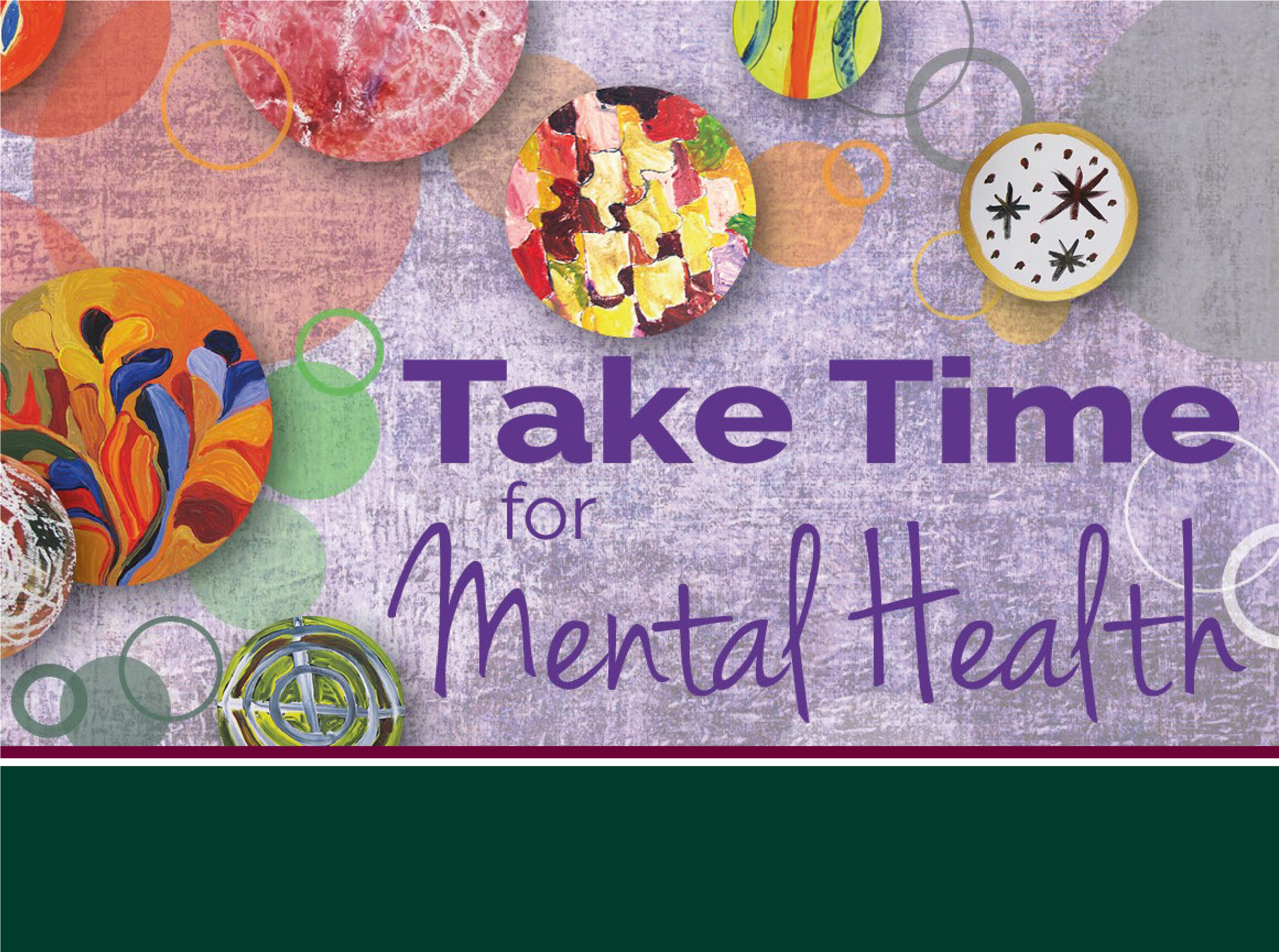Guidance Counsellor

Jana Aksamitova
Guidance Counsellor
Young People & Stress Management
Stress is a response to an event or situation. It can be positive or negative. Too much stress can impair performance and lead to development of anxiety and depression. Signs of stress in teenagers can manifest in behaviour, emotions, body and thinking. Everyone experiences stress, but if stress is excessive or your child has more stress than what they can handle, it can also interfere with sleep, cognitive processing, and learning.
Signs of teenage stress:
Behaviour signs:
- Seems nervous and anxious
- Sleeps too much or too little
- Avoiding activities, they usually enjoyed
- School refusal or declined performance at school
- Eating less or eating more
- Behaving aggressively or withdrawing
Emotional signs:
- Cranky, moody, cry or feel sad, hopeless, feel that nothing is going right, lot of ups and downs
- Worry about missing out
- Finding it hard to relax or switch off
- Overthinking
Physical signs:
- Feeling sick, e.g., headaches, neck pain, jaw pain, stomach pain
- Frequent colds and infections
- Gain weight or lose weight
- Having panic attacks
- Changes in their period
Stress Management Strategies:
- Helping your child to be aware of thoughts: replacing negative thoughts with positive, challenging false beliefs, for example: “I have to be perfect”, “Everybody has to like me”. Helping your child to avoid making assumptions of others motives and catastrophising, letting go of angry thoughts.
- Building up confidence and self-belief is important part of the process. Helping your child to improve relationships and support systems with their peers, family, and other friends.
- Help your child to minimize the use of mobiles, social media, and other forms of screen use. Support your child to develop regular relaxation and exercise routine, e.g., walking, jogging, swimming, gym, martial arts, sport, pilates, yoga, listening to music, meditation.
- Guide your child how to communicate effectively, be patient with self and others, listen to others without being preoccupied, use humour, accept that some people are different and do not think the same way as they do, accept people as they are without needing to change them. Help your child to speak clearly and plainly, how to clarify misunderstandings by asking questions of others, look friendly and smile. Teach your children that it is necessary to communicate face-to-face if possible, rather than through text messages, networking sites, emails or social media.
- Your child needs to have balance between study, work and recreation, enough sleep, healthy nutritional diet, regular exercise, nurturing relationships with others.
- Help your child to review their goals and expectations, question unrealistically high personal goals and expectations that may contribute to excessive stress
- Teach your child to effectively manage their time, to plan and prioritise, negotiate, delegate, acknowledge personal limits and stay within them.

